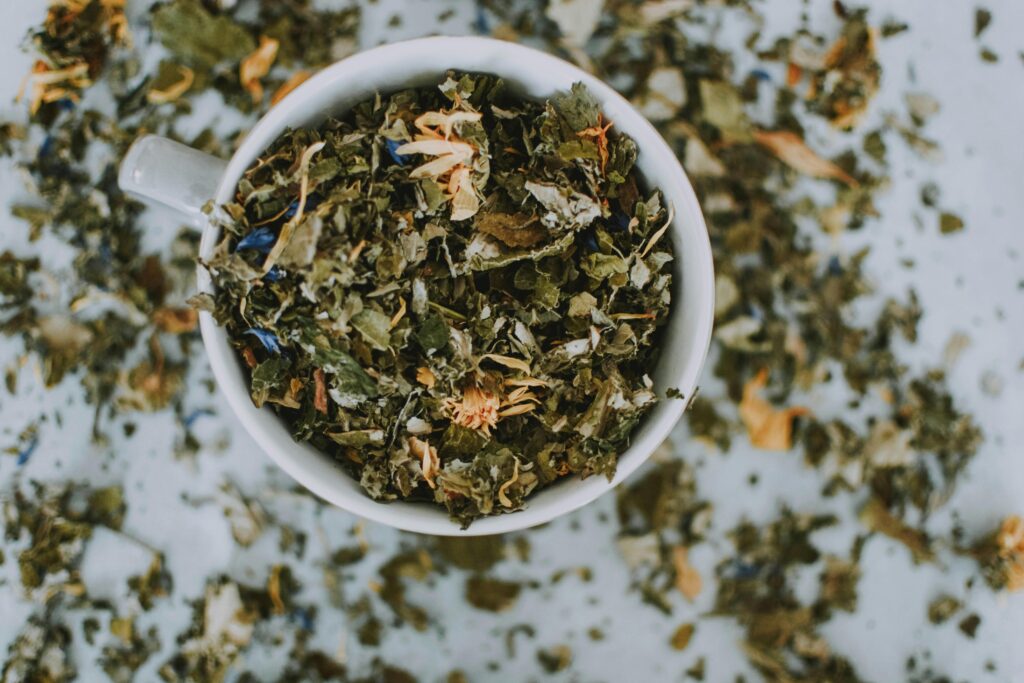Nurturing Prostate Health:
Homeopathic and Naturopathic Remedies
The prostate, a small gland crucial for male reproductive health, often becomes a concern as men age. Prostate issues can include benign prostatic hyperplasia (BPH), prostatitis, and even prostate cancer. While regular check-ups and early screening remain the gold standard for prevention and management, many men are also turning to holistic approaches—including homeopathy and naturopathy—to support their well-being.
Why Prostate Health Matters
The risks of prostate conditions increase with age, family history, and lifestyle factors. Symptoms like frequent urination, weak urine flow, or pain can impact daily quality of life. Embracing holistic self-care can complement standard medical advice, support comfort, and encourage long-term wellness.
Naturopathic Strategies for Prostate Wellness
Naturopathic medicine uses lifestyle, diet, and botanicals to encourage balance and resilience in the body. Here are some evidence-informed strategies:

Dietary Choices:
Rich in Vegetables and Fruits: Foods high in lycopene (like tomatoes), cruciferous vegetables (broccoli, cabbage), and vitamin E may lower prostate risk and support gland health.
Healthy Fats: Diets rich in omega-3 fatty acids (cold-water fish, flaxseed) are linked to reduced inflammation, which can benefit prostate tissue.
Limit Red Meat and Dairy: Some studies suggest that reducing saturated fat and processed meat intake may help protect the prostate.
Herbal Remedies:
Saw Palmetto (Serenoa repens): Frequently used for BPH symptoms, saw palmetto may help reduce urinary problems, though studies show mixed results.
Pygeum africanum: Extract from African cherry tree bark may decrease inflammation and urinary symptoms in BPH.
Stinging Nettle (Urtica dioica): Sometimes used with saw palmetto, nettle root may support urine flow and prostate comfort.
Green Tea Extracts: Polyphenols in green tea are antioxidants that may offer protective benefits.


Lifestyle Habits:
Regular Exercise: Promotes hormone balance, body weight management, and reduces inflammation.
Stress Reduction: Techniques like mindfulness, deep breathing, and yoga can help lower stress, which is linked to overall immune and hormonal health.
Hydration and Sleep: Staying hydrated and sleeping well both support normal urinary and hormonal function.
Homeopathic Approaches for Prostate Support
Homeopathy is a form of complementary medicine based on the principle of “like cures like.” Homeopathic remedies are highly diluted and tailored to the individual’s symptom pattern. Commonly used remedies for prostate and urinary concerns include:
Sabal serrulata: Often recommended for urinary hesitancy and dribbling—mirroring its traditional usage in herbal medicine.
Thuja occidentalis: Sometimes suggested for prostate enlargement with sharp, cutting pains.
Conium maculatum: Used for urination difficulty and weak urine stream.
Current scientific evidence is limited regarding the effectiveness of homeopathic remedies for prostate health. However, many users report subjective relief and improved well-being when these are used as part of a holistic strategy supervised by a qualified practitioner. It’s vital to approach homeopathic therapy as a complement—not a replacement—for proven medical care.

Integrative Tips for Prostate Health
- Speak with a qualified healthcare or naturopathic doctor about your symptoms, family history, and risk factors.
- Use herbal or homeopathic remedies as adjuncts, not substitutes, for standard screening and clinical treatment.
- Adopt anti-inflammatory dietary habits and a routine of regular movement.
- Address stress and support mental health, which influence immune function and hormonal balance.
Important Reminder:
Always consult your physician before beginning any new supplement or alternative therapy—especially if you have a diagnosed prostate condition or take prescription medications.
In Summary
Holistic wellness—including homeopathic and naturopathic remedies—can be supportive elements in a comprehensive plan for good prostate health. Thoughtful lifestyle choices, plant-based therapies, and individualized homeopathic care, when used responsibly, can enhance well-being alongside regular medical check-ups and guidance.

